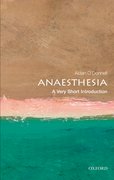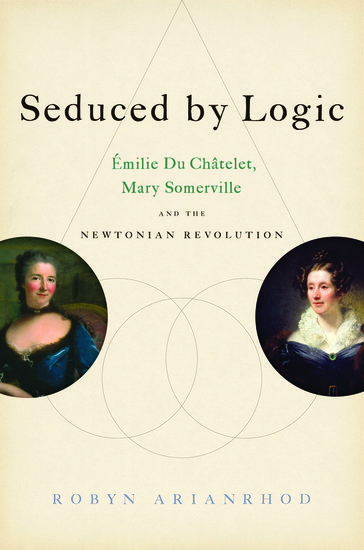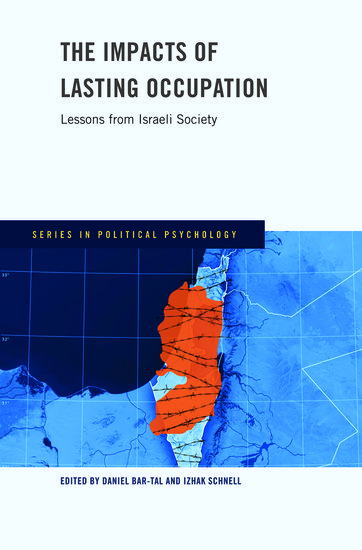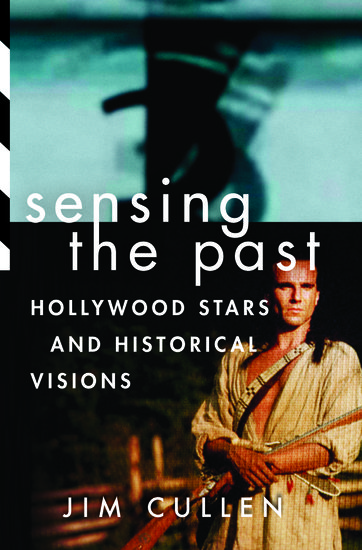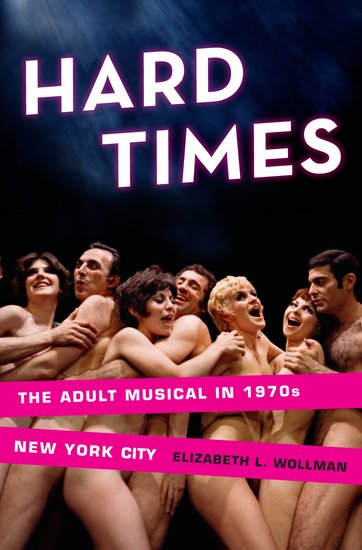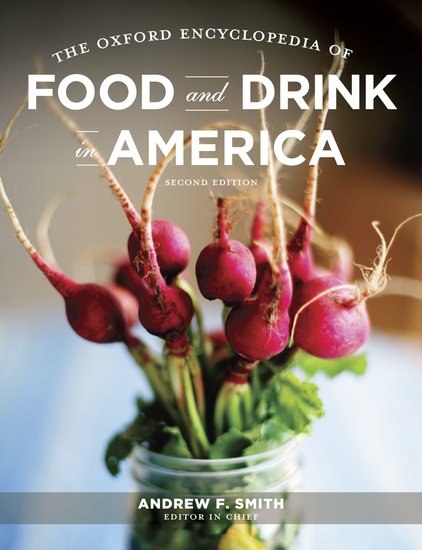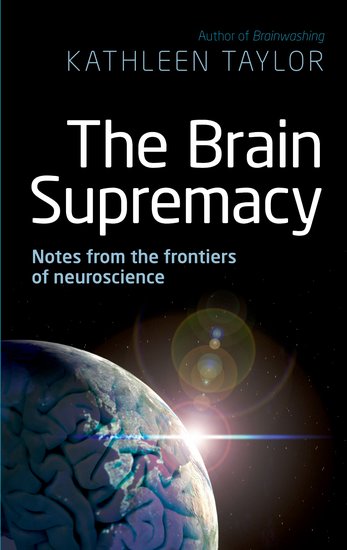By Kathleen Taylor
Ours is a world full of science. Much of that technology and knowledge, from mobile phones to the understanding of gravity, currently comes from what we call ‘the natural sciences’: those which study the material universe. In school, we learn to distinguish physics, chemistry, geology, and their natural kin from life sciences like biology and psychology. Our ideas of what science is, and indeed what we are, have been shaped accordingly. The brain supremacy, that coming era in which neuroscience will challenge physics for cultural dominance, is about to reshape those ideas as never before.




